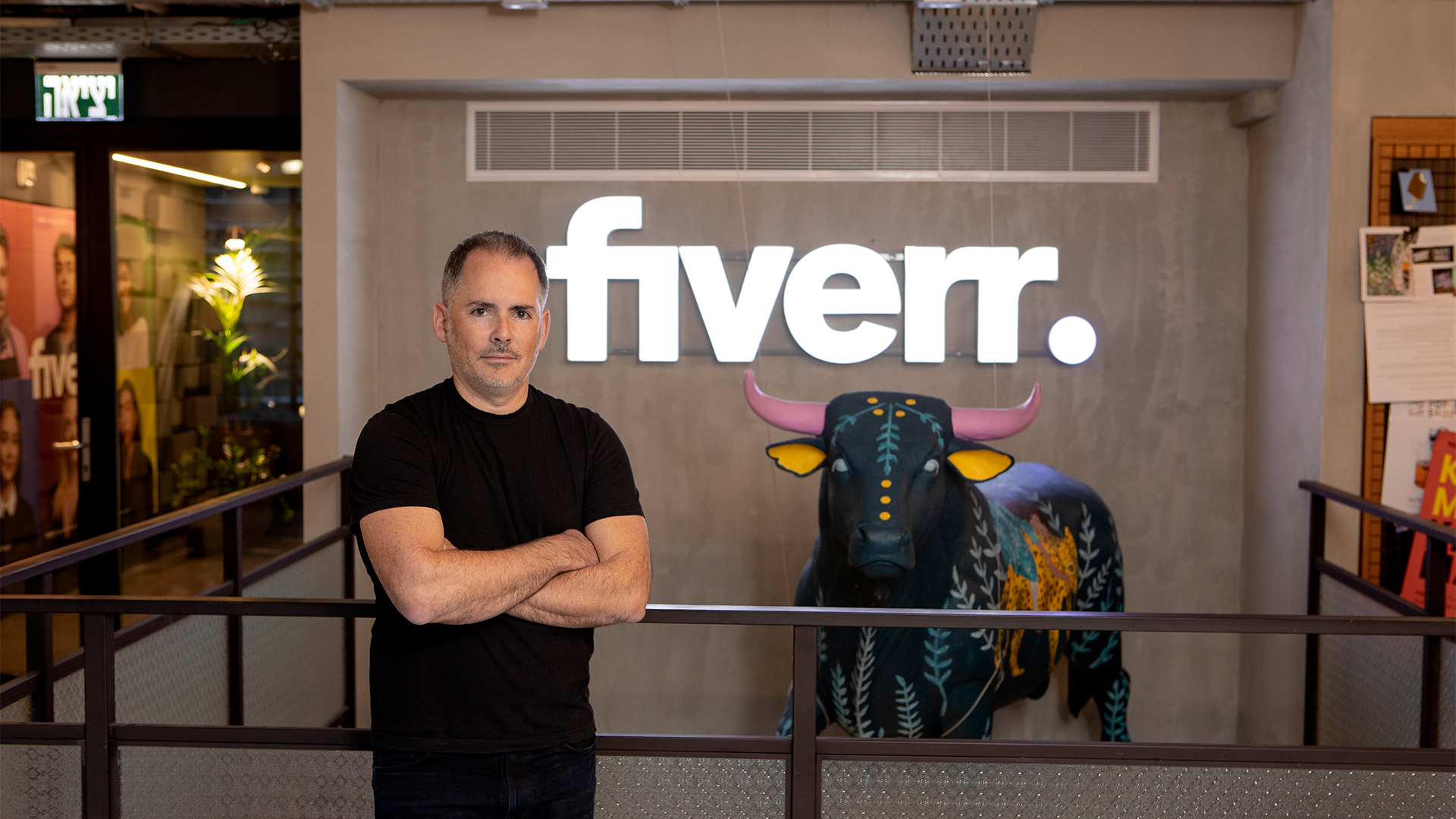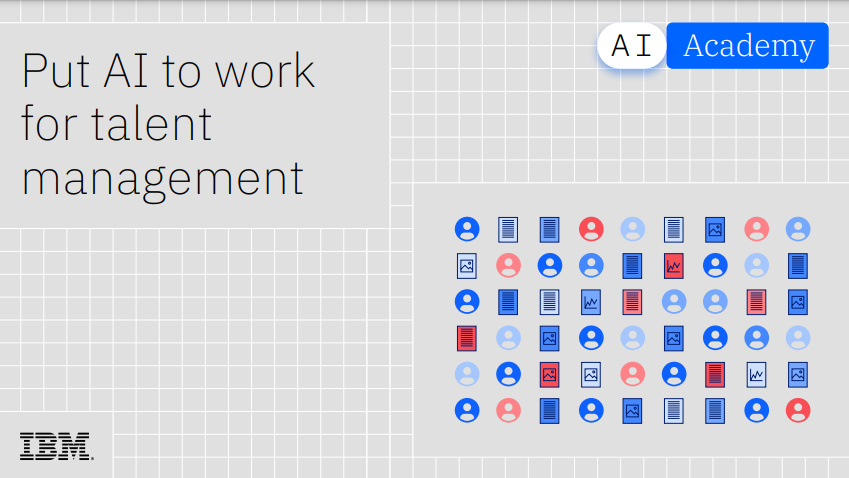Post-pandemic tech jobs
How has the pandemic changed the tech jobs landscape, and which tech jobs will be in demand throughout 2021?


Tech jobs aren't what they used to be.
Emerging tech jobs have a strong data management and analysis component, which was less common just a few years ago, according to a report from The World Economic Forum. Additionally, newer technologies like artificial intelligence (AI) are gathering steam in all industries, with the demand for technologists skilled in this area growing steadily, too.
Speaking to IT Pro, Maynard Williams, managing director and UKI intelligent engineering services lead at Accenture, explains that tech jobs are now more than just technical knowledge. "According to our recent Tech Vision research, 77% of business leaders report that success is dependent on their technology stack. However, attracting and developing the right tech expertise is just one piece of the puzzle; understanding technology isn't just a job for the IT team, [it's] an enabler of wider business transformation. Therefore, all leaders also need to have a strong understanding of its capabilities and vision of how it will change their operations and services."
The bounce back in the economy, the lifting of lockdown, and a steady return to work have all contributed to a positive outlook for jobs and skills, with cloud, AI, and robotics vacancies, in particular, increasing notably. Indeed, Microsoft research is bullish, stating that by 2025, the number of tech jobs in US firms alone will increase five-fold, from 41 million to 190 million.
In the wake of COVID-19, the tech jobs landscape has seen clear job trends: With mass remote working came the need for flexible cybersecurity that was often lacking in many enterprises. With workforces set to become remote permanently, cybersecurity skills will be in great demand throughout 2021 and beyond.
Along with the increased need for security skills comes the ever-expanding use of cloud-based applications and services. Recruitment firm Hays expects cloud engineer and cloud architect jobs to become the top areas businesses will look to recruit to across 2021.
Aude Barral, the co-founder of the developer recruitment platform CodinGame, tells IT Pro the pandemic has shifted the priorities of businesses looking for tech talent: "Cloud applications and services allowing organisations to support remote workforces has seen high demand for DevOps engineers with cloud migration and infrastructure expertise. This highly specialised position responds to the growing business demand for scalability and security related to software as a service (SaaS), ever faster websites, containerisation, cybersecurity, and accelerated cloudification experienced during the crisis."
Get the ITPro daily newsletter
Sign up today and you will receive a free copy of our Future Focus 2025 report - the leading guidance on AI, cybersecurity and other IT challenges as per 700+ senior executives
RELATED RESOURCE

Businesses are re-shaping their processes and digital transformation strategies that consider their market sectors and industries post-COVID-19. "As the pandemic continues to disrupt operations and objectives, the skills required to maintain business continuity are likely to remain in flux," says Andrew Duncan, partner and UK CEO at Infosys Consulting.
These new business development roadmaps require a multidimensional workforce. Pre-pandemic, agility was often the stated goal of many enterprises. To achieve this, business leaders embarked on education and training programs to expand their employees' skills. Today, appreciating how relationships with their customers and commercial partners have changed influences the vacancies they have and what groups of skills they are looking for in new recruits.
Tech jobs landscape
There has also been a shift in how businesses approach the skills they need. The rise of low-code or even no-code application development has enabled some businesses to remove their need for highly trained technical staff.
Application development is increasingly becoming part of individuals' and team skills. Companies can see those closest to day-to-day business problems become empowered to create technology-driven solutions themselves.
Matt Sigelman, CEO of Burning Glass Technologies, sees a new future where tech skills are not just the province of IT. "Just a few years ago, no one would have thought advertising and marketing managers would need to configure software, or that software developers would need the skills to build rapport with customers. But advancing technology is creating both new opportunities for workers and new challenges for employers trying to fill roles."
This view is shared by Eleanor Weaver, CEO of Luminance, who explains how her company approaches tech recruitment: "Whilst a lot of our employees in the Cambridge office have experience in software engineering and come from a STEM background, this is not absolutely necessary. We hire young, clever people who are able to understand and pick up new tech concepts easily. Being a software expert can be helpful and is a bonus, but is not everything, and I think this broad approach has helped us to hire some great talent that we can go on to nurture."
Jobs on the rise
Tech jobs are also evolving. The Demand for Skilled Talent report from specialist recruiter Robert Half shows a shift towards a hybrid skills approach, which they define as more soft skills. For example, vacancies for software developers who can 'establish customer rapport' have increased by 51%, compared to a 208% rise in calls for advertising and public relations managers with software configuration skills.
Matt Weston, managing director of Robert Half UK, concludes tech skills will evolve to meet the new business landscape the pandemic has created. "From a skills evolution and demand perspective, COVID-19 can be seen as the ultimate disrupter and accelerator," he says. "With one recent report estimating that 21 million UK workers will need basic digital skills and 14 million enhanced interpersonal and advanced communications skills by 2030, the time to take constructive steps in developing hybrid skills is now – particularly for those companies eager to build more resilient, adaptable, and agile workforces needed for their pandemic recovery efforts."
The future of the tech skills market will be influenced – perhaps for decades – by the pandemic. Returning to 'business as usual' seems unlikely. As companies radically altered how they operated during the pandemic and how their workforces have also changed, this will influence how they develop and innovate in the future. As James Milligan, global head of technology at Hays, concludes, tech skills are now a much more complex and multifaceted asset all enterprises are defining.
"Organisations around the world quickly adapted to the challenges of country-wide lockdowns and made the necessary alterations to their operating models in the short-term to react to the changing environments. Now, they are starting to take a more proactive look at their futures, and need the help of project managers, change management specialists and those with experience in agile methodologies to assist them with this transition, as well as developers to build the digital applications required by their employees and customers."
A post-pandemic tech job landscape will be very different, with traditional distinctions between jobs and disciplines becoming less well defined as business leaders see they will need people with a broad skill set that isn't totally tech-based. Tech vacancies are now more customer-facing which illustrates how critical interpersonal skills supported with tech knowledge are in great demand.
David Howell is a freelance writer, journalist, broadcaster and content creator helping enterprises communicate.
Focussing on business and technology, he has a particular interest in how enterprises are using technology to connect with their customers using AI, VR and mobile innovation.
His work over the past 30 years has appeared in the national press and a diverse range of business and technology publications. You can follow David on LinkedIn.
-
 DocuWare CEO Michael Berger on the company’s rapid growth
DocuWare CEO Michael Berger on the company’s rapid growthNews ChannelPro sat down with DocuWare CEO Michael Berger to discuss the company's rapid growth and channel strategy.
By Bobby Hellard Published
-
 Seized database helps Europol snare botnet customers in ‘Operation Endgame’ follow-up sting
Seized database helps Europol snare botnet customers in ‘Operation Endgame’ follow-up stingNews Europol has detained several people believed to be involved in a botnet operation as part of a follow-up to a major takedown last year.
By Emma Woollacott Published
-
 ‘AI is coming for your jobs. It’s coming for my job too’: Fiverr CEO urges staff to upskill or be left behind
‘AI is coming for your jobs. It’s coming for my job too’: Fiverr CEO urges staff to upskill or be left behindNews The latest in a string of AI skills warnings has urged staff to begin preparing for the worst
By Ross Kelly Published
-
 IBM pledges support for UK government cyber skills program
IBM pledges support for UK government cyber skills programNews The CyberFirst Girls competition is aimed at increasing diversity in the cyber security workforce
By Emma Woollacott Published
-
 AI skills training can't be left in the hands of big tech
AI skills training can't be left in the hands of big techNews Speakers at Turing's AI UK conference lay out challenges to AI skills readiness
By Nicole Kobie Published
-
 Tech talent shortages mean firms are scrapping traditional recruitment strategies
Tech talent shortages mean firms are scrapping traditional recruitment strategiesNews With more than half of enterprise leaders worried about future skills shortages, many organizations are turning to a range of new techniques to expand potential talent pools.
By Emma Woollacott Published
-
 The UK’s AI ambitions face one major hurdle – finding enough home-grown talent
The UK’s AI ambitions face one major hurdle – finding enough home-grown talentNews Research shows UK enterprises are struggling to fill AI roles, raising concerns over the country's ability to meet expectations in the global AI race.
By Emma Woollacott Published
-
 Businesses know they have major skills deficits, but less than half plan on hiring more women
Businesses know they have major skills deficits, but less than half plan on hiring more womenNews Male IT leaders remain complacent about gender diversity despite widespread skills shortages
By Emma Woollacott Published
-
 Put AI to work for talent management
Put AI to work for talent managementWhitepaper Change the way we define jobs and the skills required to support business and employee needs
By ITPro Published
-
 Essential skills for managers: Develop resilient employees
Essential skills for managers: Develop resilient employeesWhitepaper Build team culture, no matter where your people are located
By ITPro Published